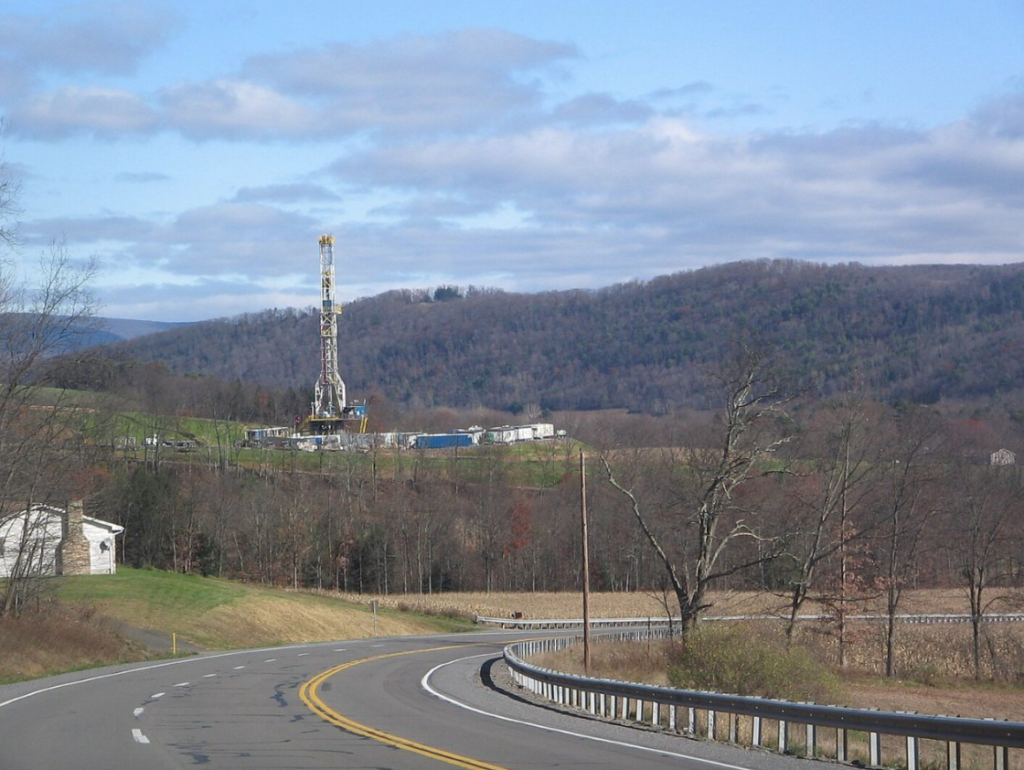A treasure hidden in the garbage
There are those who look for it in geothermal fluids, those directly in mines, those in natural brines. Pennsylvania could instead extract lithium from wastewater. Not urban ones, of course, but those generated by shale gas wells distributed throughout the territory. And the contribution would be important: if you imagine that you can extract the metal efficiently, state reserves alone could satisfy almost half of US demand.
This is reported by a new study conducted by the University of Pittsburgh and the National Energy Technology Laboratory. Researcher Justin Mackey and colleagues analyzed the potential of lithium from the Marcellus Formation, an unconventional natural gas field from the late Paleozoic. Currently, about 95% of the water extracted with natural gas from Marcellus is recycled in fracking operations in the area. However, it is a hypersaline fluid, with total dissolved solids concentrations above 100,000 mg/L, which requires some treatment before reinjection into wells. Compared to other comparable formations this fluid is rich in lithium and is no surprise, as scientists explain. “However, there were never enough measurements to quantify the resource,” Mackey said. “We just didn’t know how much was in there.”
read also Solid lithium-ion batteries, an exceptional electrolyte arrives
Extract lithium from wastewater, you can do
The study relied on analyses of wastewater used in each well that all oil companies must submit by state regulations. Lithium is one of the substances they need to report, said Mackey. “And that’s how we were able to conduct this regional analysis“.
Of course: in the United States several operations are underway to recover this critical element. The US and Europe are actively trying to break the dependency on Chinese supplies that dominate the Li manufactured market. That’s why the White House has set an ambitious goal: by 2030 to produce all the lithium the country needs nationally.
Extracting lithium from the wastewater of wells in Pennsylvania could, according to scientists, meet up to 40% of the star and strip demand. Not only that. Lithium-rich wastewater exists even outside the borders of the state. “Pennsylvania has the most solid data source for shale Marcellus,” explained Mackey. “But there’s a lot of activity in West Virginia as well”. The next step? Understand the environmental impact of such operations and implement a pilot plant to develop extraction techniques. The research was published in Scientific Reports.

